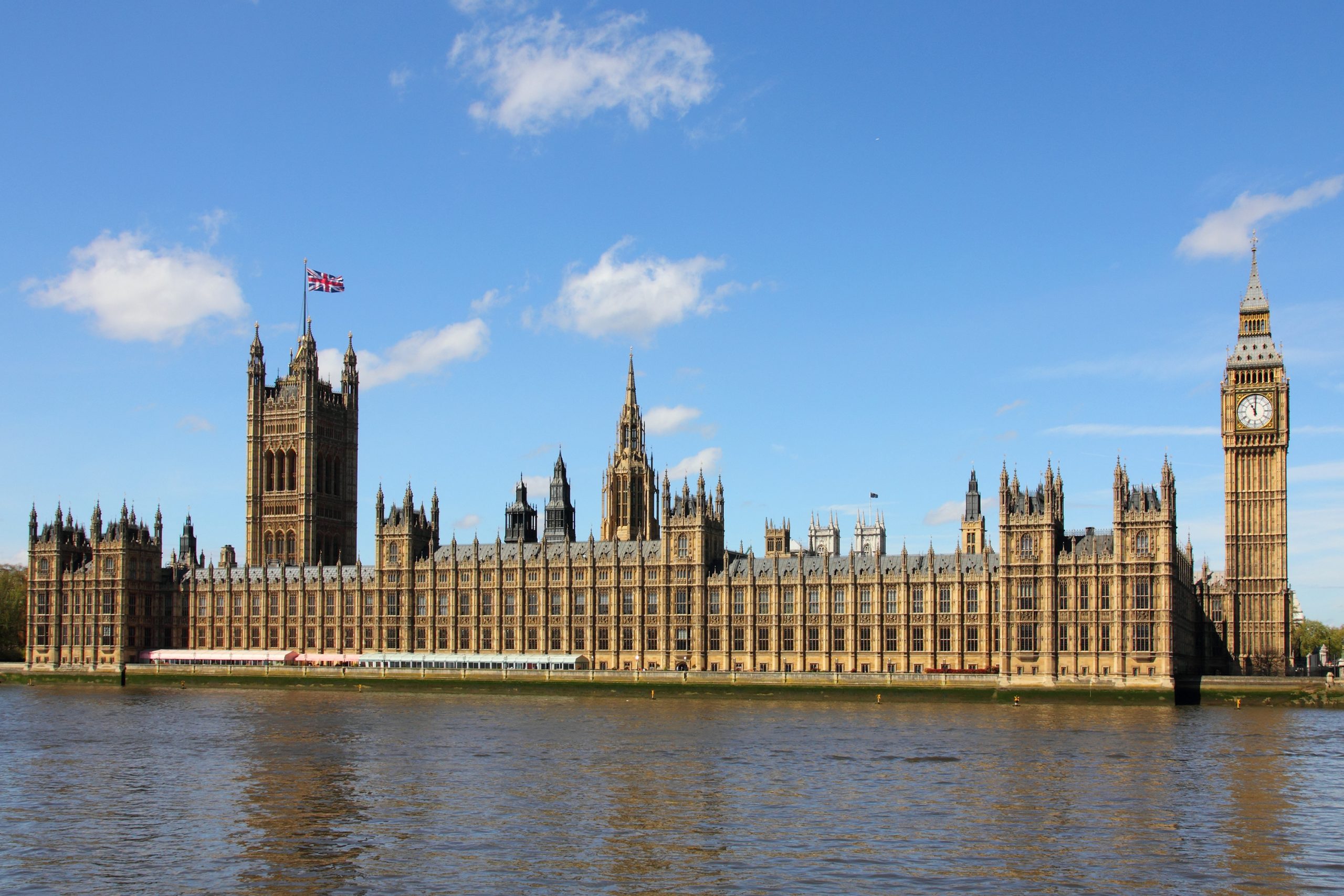In the Autumn Budget, Rachel Reeves promised that there would only be one fiscal event each year with no other significant tax changes coming more frequently. So would the Spring Statement offer any surprises?
In her Spring Statement on 26th March 2025 the Chancellor Rachel Reeves repeatedly mentioned how the world changes rapidly: economic and political events can disrupt forecasts, unravelling fiscal performance. And this was how she explained how the decision to increase defence spending, reductions in expected economic growth, the risk of US tariffs and rising borrowing costs had combined to remove the ‘headroom’ that had allowed her to predict that she would balance the books by 2030. To keep to the fiscal rules, the Government would have to close that gap; but raising taxes would break the promise of just one fiscal event each year.
A focus on headroom
So instead the Chancellor announced a range of policies to restore the ‘headroom’, without any significant changes to taxation. There will be cuts to civil service expenditure, to welfare and to foreign aid, making it possible to increase defence spending to 2.5% of GDP by 2027.
The welfare reforms are substantial and controversial. The government’s own Impact Assessment concerning changes to the Personal Independence Payment (PIP) rules predicts that 370,000 current recipients are expected to lose their entitlement at their next award review, with 430,000 future potential PIP recipients unlikely to receive PIP. The average loss per individual is £4,500 per year.
Reforms to planning rules are expected by the Office for Budget Responsibility to increase GDP growth, helping the Chancellor to meet her targets. However this brings about several issues. As the Chancellor stated, the world changes rapidly, and a forecast stretching five years into the future, with a very small margin of ‘headroom’, is likely to need revisiting again and again to keep meeting the rules. It remains to be seen what tax changes might be announced in the Autumn Budget.
Tax crackdown continues
There were a few tax-related announcements, mainly involving administration. The government will continue to focus on tax avoidance and evasion by adding more compliance officers and pursuing more prosecutions – an increase from 500 to 600 a year. A useful observation; if HMRC could collect all the tax that it believes is due, then the Chancellor would have the ‘headroom’ she needs – and more!
Despite all this there are some important changes coming as the new tax year rolls around. Although not in effect until 2026, Making Tax Digital will be compulsory for those who are self employed, and landlords with income that exceeds £50,000. As a result this will be the last year in which you aren’t required by law to keep and file digital records, but it may be a useful step to be prepared and speak to your accountant about your responsibilities.
Read a full analysis of the Spring Statement in more detail
If you would like to discuss any aspects of the Spring Statement please get in touch.
